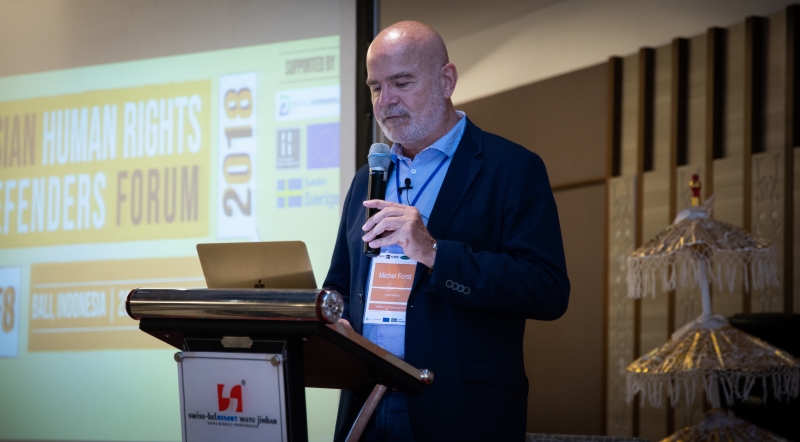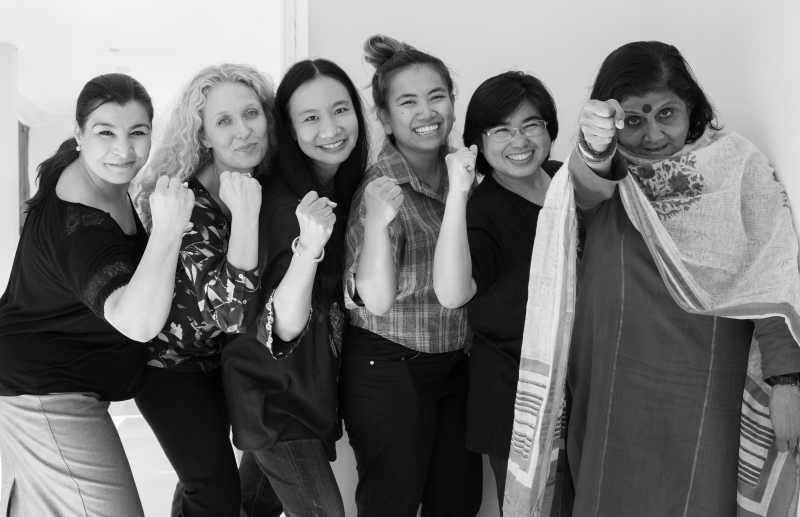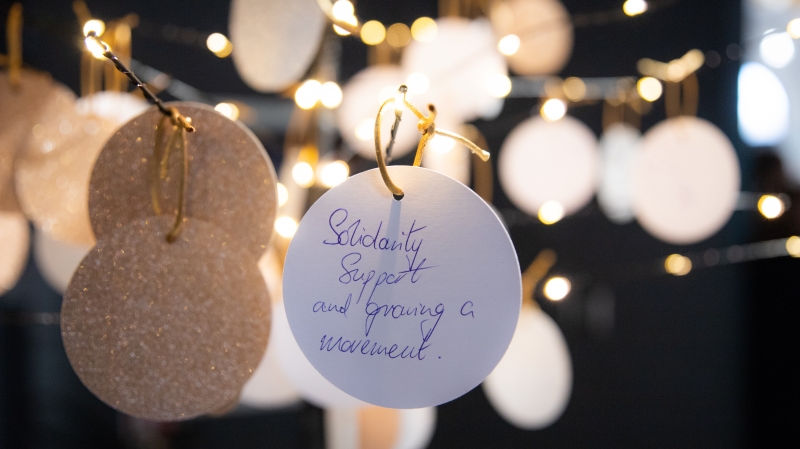I was researching the history of the Declaration for a final exam I was writing in human rights law last fall, when I noticed something that made me pause. Many of the sources I found were written to celebrate the Declaration’s 50th anniversary, and the image I found painted of the human rights situation then seemed to stand in stark contrast to the conversations we often hear about human rights today.
[...] the image I found painted of the human rights situation then seemed to stand in stark contrast to the conversations we often hear about human rights today.
The tone of these 20-year-old texts all seemed to radiate hopeful optimism: a belief that even though there was still a multitude of issues to deal with, human rights were rapidly progressing. “Today people are increasingly demanding and gaining respect for their rights and freedoms,” Asbjørn Eide and Gudmundur Alfredsson noted, arguing that governments around the world were bound to increasingly feel the impact of the human rights movement. People discussed how human rights were gaining prominence in a variety of spheres - from being increasingly included in United Nations Development Programme initiatives, to gaining the attention of multinational corporations around the world. To be clear, these reports also discuss a variety of human rights challenges.
Nevertheless, when reading these texts 20 years later, the general tone that comes across is one of optimism: a belief that things were moving in the right direction.
From optimism to apprehension
This seemed striking compared to the discourse I often hear about human rights today. For the UDHR’s 70th anniversary, Human Rights Watch pointed out that instead of celebrating the endurance of human rights and the Declaration, some used this occasion to mark their fear of “the end of human rights”. And others seem to share this apprehension.

In February this year, Amnesty International pointed to a widespread legal crisis where new laws are adopted to place limits on human rights work. Additionally, Michel Forst, Special Rapporteur on the situation of human rights defenders, expresses worry at how a growing number of states are actively taking steps to limit the enjoyment of human rights. He argues that restrictions and threats to human rights defenders around the world limits the international community’s ability to meet the obligations set out in the UDHR. People are facing increased threats and resistance for their human rights work, to the point where both Forst and the International Federation for Human Rights have termed it “a war on human rights defenders”. In the 20 years that passed since the UDHR’s 50th anniversary, the rhetoric of progress and hopeful optimism seems long gone.

Resilience and commitment
Despite this, the current approach to human rights seems far from defeatist: people around the world keep fighting for the protection and realization of human rights, often placing themselves at significant risk to do so. Instead of announcing defeat, human rights defenders keep going: a small but inspiring example of this endurance was shown when 86% of the NHRF’s grantees stated that they were optimistic about the future of their human rights work. Now, more than ever, it seems essential to recall those ideas of progress and unity that marked the UDHR’s 50th anniversary, and let them guide and support the work that remains to be done.
Now, more than ever, it seems essential to recall those ideas of progress and unity that marked the UDHR’s 50th anniversary, and let them guide and support the work that remains to be done.
Seventy years after its adoption, the UDHR still serves as the backbone of our understanding of human rights. And like it did twenty years ago, its fundamental ideals and its calls for a “common standard of achievement” - a shared conscience - can serve as a call to action and a beacon of hope.

The NHRF invites different actors within the human rights field to contribute on this blog. The opinions expressed here are those of the authors.

